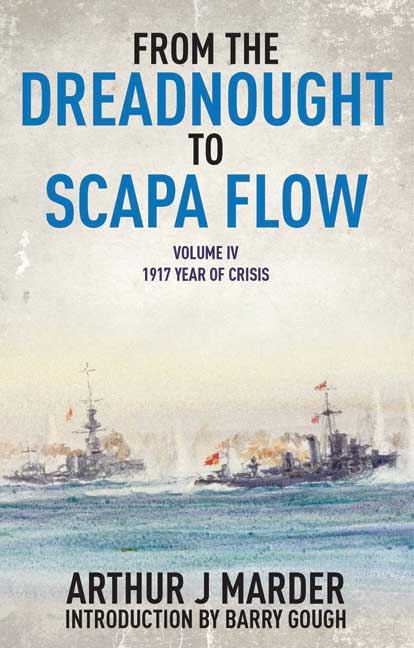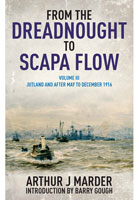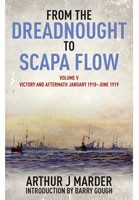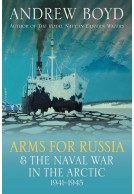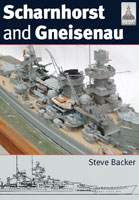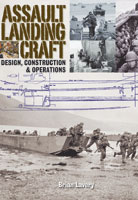From the Dreadnought to Scapa Flow Volume IV (Paperback)
1917 Year of Crisis

Pages: 381
ISBN: 9781848322011
Published: 31st March 2014
Last Released: 7th April 2014
(click here for international delivery rates)
Order within the next 2 hours, 8 minutes to get your order processed the next working day!
Need a currency converter? Check XE.com for live rates
| Other formats available | Price |
|---|---|
| From the Dreadnought to Scapa… ePub (4.4 MB) Add to Basket | £6.99 |
The five volumes that constitute Arthur Marder's From the Dreadnought to Scapa Flow represented arguably the finest contribution to the literature of naval history since Alfred Mahan. A J P Taylor wrote that 'his naval history has a unique fascination. To unrivalled mastery of sources he adds a gift of simple narrative . . . He is beyond praise, as he is beyond cavil.'
The five volumes were subtitled The Royal Navy in the Fisher Era, 1904–1919 and they are still, despite recent major contributions from Robert Massie and Andrew Gordan, regarded by many as the definitive history of naval events leading up to and including the Great War.
The fourth volume covers the period from Jellicoe's arrival at the Admiralty to deal with the U-boat menace until his dismissal a year later. Mounting losses brought about the introduction of the convoy system and the turn of the tide in anti-submarine warfare. The volume also looks at the beginnings of naval aviation.
A new introduction by Barry Gough, the distinguished Canadian maritime and naval historian, assesses the importance of Marder's work and anchors it firmly amongst the great naval narrative histories of this era.
This new paperback edition will bring a truly great work to a new generation of historians and general readers.
As featured in.
Scuttlebutt Edition 54
Volume Four, 1917: Year of Crisis addresses the change of Grand Fleet Commanders-in-Chief with Jellicoe departing to be First Sea Lord, relieved by Beatty. The latter’s strengths and weakness are discussed while Jellicoe wrestles with post-Jutland politics and the U-boat threat to which the convoy antidote was a hard fought policy decision. The genesis of naval aviation is also a feature of this volume. What Volume Four lacks in battle action narrative is compensated by the policy battles within the Admiralty and the British Government. The volume ends with the Jellicoe’s dismal removal from his post and the ructions this caused in navy, political and media circles.
Australian Naval Institute - Tim Coyle
Click here to read the full review.
Remains a stunning work of scholarship and naval history. Marder writes beautifully, insightfully and fairly. Should still be on the bookshelf of anyone with interest in the Royal Navy in WW1.
Navy News
[An] extensive and masterly classic work of the Royal Navy in the Great War.
Scuttlebutt - Friends of the RN Museum
A prodigious work of scholarship which provides a thorough comprehensive history of naval plans, policy and naval operations throughout the war.
For any serious study of the naval side of the First World War these volumes are invaluable and most strongly recommended.
This is a valuable reference work that reads easily and will satisfy the most committed enthusiast of naval history.
Firetrench
The five volumes that constitute Arthur Marder's 'From the Dreadnought to Scapa Flow' represent arguably amongst the finest contributions to the literature of naval history...and are still regarded by many as the definitive history of naval events leading up to and including the First World War.
Marine News
This outstanding work, which has withstood the passage of time, is a first class read and deserves to be in the library of all those interested in naval history. Highly recommended.
About Arthur Marder
ARTHUR J MARDER was a meticulous researcher, teacher and writer who, born in 1910, was to become perhaps the most distinguished historian of the modern Royal Navy. He held a number of teaching posts in American universities and was to receive countless honours, as well as publish some fifteen major works on British naval history. He died in 1980.







